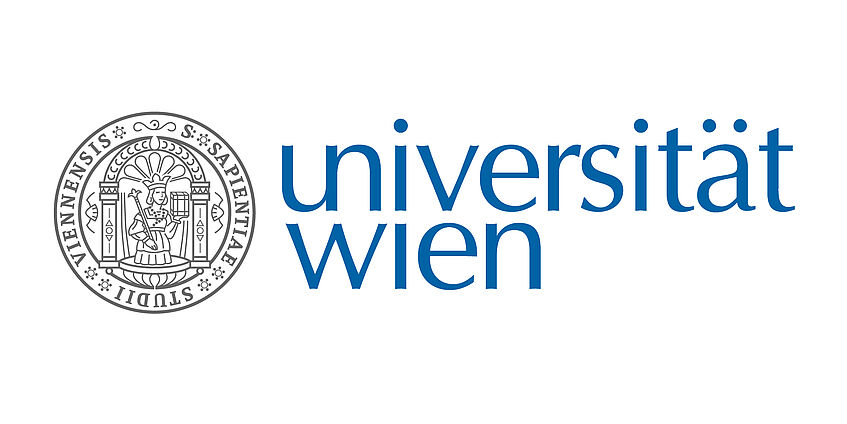RuMEn MEthanoplasmatales as target for MEthane mitigation
4ME - RuMEn MEthanoplasmatales as target for MEthane mitigation: eco-physiology and interactions assessed by integrated MEta-omics
Methane (CH4) is a very potent greenhouse gas. Most global CH4 emissions are caused by human activities, with farming of cows and other ruminant animals being the largest anthropogenic CH4 source. Rumen Methanoplasmatales (RMp) belong to a recently discovered and poorly characterised group of methanogenic archaea that produce CH4 as a metabolic end-product. RMp can constitute up to 80% of ruminant methanogen populations, perform a unique type of methanogenesis and can be inhibited via dietary rapeseed oil (RSO) supplementation. This makes them a promising target for CH4 mitigation strategies - much-needed to ensure ecologically and economically sustainable milk and meat production especially in times of global climate change. This PhD project wants to answer pressing questions about the poorly characterised RMp: With whom and how do RMp metabolically interact? What is their ecological niche in the complex rumen ecosystem? What is the role of RMp in the rumen nitrogen cycle? What are the inhibitory effects of RSO compounds? I will apply cutting-edge microbial ecology technologies (e.g. integrated meta-omics and FISH-nanoSIMS) combined with state-of-the-art in vivo and in vitro experiments. Interdisciplinary collaborations with excellent national and international experts will ensure that 4ME contributes new knowledge about these widespread, yet poorly understood methanogens and can pave the way for novel CH4 mitigation strategies in agriculture.
Duration: 01.10.2014-30.09.2017
Funding: University of Vienna (uni:docs Fellowship Programme)
Participants: Andrea Söllinger (read more)
Supervision: Christa Schleper & Tim Urich

